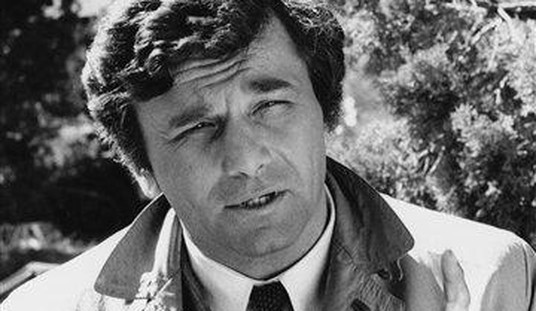I started to write this as an update to the previous post on David Brooks, Allan Bloom, and the Weimarification (is that a word? Well, now it is, I suppose) of the American psyche, but it’s worth spotlighting in its own right. In the last item, I quoted the Anchoress on “The Hate that Feels Like Love,” in which she wrote:
Anyone who has ever been targeted by a pack of bullies understands. Venting hatred, especially under the righteous cover of a “cause,” gives one a sense of belonging and purpose and—quite unlike love—it does so in an expeditious and rather painless way. Mob-supported hatred removes openness from the social equation, and that in turn takes away vulnerability, leaving one with a powerful sense of communal well-being that can serve as a reasonable facsimile of being loved by others. One loves one’s hate because it makes one feel beloved.
On the surface, attaching oneself to a hate-collective seems a safe way to belong. One feels invited to the party; one no longer has to think for oneself, or worry about individual appearances or instincts. To continue to fit-in, to feel as if you were truly loved, all one needs to do is continue to hate—and that not even willingly.
This hate that feels like wide-open love is paradoxically limiting and self-defeating. Once hatred has become one’s social vehicle of choice, the travel options become limited: either stay the course and wear the peripheral blinders or attempt to break free and risk the very real possibility of being altogether ditched.
Regardless of whether one hates a Republican governor or a pro-abortion president or Hollywood or “fundamentalism” or “the system” or even a sports team, if one’s sense of belonging depends on hatred, then second-thoughts will flee and stagnation will follow. The only way to re-energize and to delay the inevitable endgame described by Enright as “destruction, discouragement, and hopelessness” is to find a new hate to love.
In a new post, Ace of Spades writes, “How The Left Abandoned Traditional Notions of Restraint, Reserve, and Self-Mastery In Favor Of Righteous Rage, And How The Right Has Sadly Followed Them:”
I know the left thought that their anger gave them “courage,” “integrity,” and “principle” when they indulged it unashamedly in 2004 (through the present), and never once did I think, “All that angry, emotional talk of theirs really shows their courage, integrity, and principle.”
What I thought was: “They sound like clown-babies.”
This precise same angry talk does not suddenly sound any more elevated or noble simply because it emanates from the right. A swap in political branding does not transform a fundamentally childlike, indulgent state into a noble one.
What people who are truly, unapologetically, unashamedly angry need is need less politics, not more.
Politics is not the reason for their anger; deep-seated emotional turmoil and private tribulations are their real problems.
“Politics” is simply the convenient, “socially-acceptable” outlet for it. Some are too afraid to confront their real problems, too cowardly, so they talk about “politics.”
It is primal screaming, and it ought to be done in a more suitable, more productive venue.
I have always suggested productive ways to channel anger. How many of people who feel enraged and voiceless have joined their local party and attempted to take it over?
Or contacted FreedomWorks to learn how to grassroots-organize?
Taken any positive step, at all, to doing something about the alleged source of their rage?
Read the whole thing. Before we become (even more of ) a nation of Morton Downey, Jrs.









Join the conversation as a VIP Member